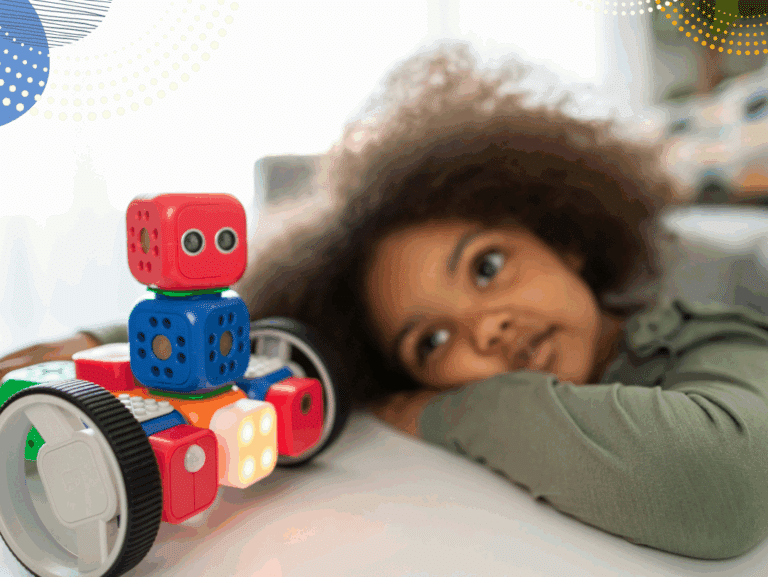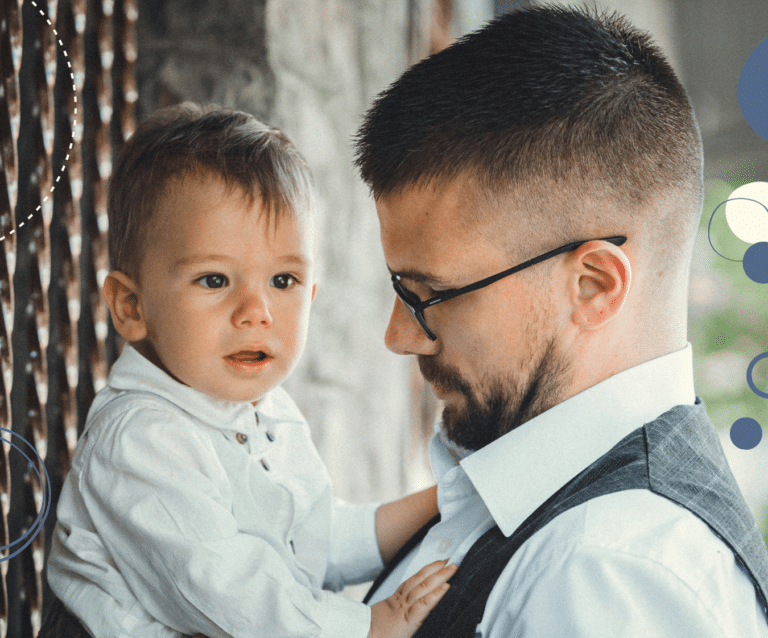If you want to stay calm, step into your child’s shoes
I found myself crying in the car last night. Truly blubbering. I had just dropped my teenage son off at his girlfriend’s house – well, around the corner from her house. I’d pulled over a few hundred yards early to give us a moment to finish our conversation and he’d got out and stormed off. (And, when I say ‘conversation’, you know what I really mean is argument…)
I calmed myself down, drove home and accepted his conciliatory hug this morning. But why was I so very upset? It was a stupid argument about tidying his bedroom, one we’ve had a hundred times before with much less drama. But as I sat crying in the car, I was really hurting. My brain was quick-firing with all the things my son had done that had hurt me – a litany of blatant unkindnesses all the more outrageous and undeserved given the hours of love, thought and lift-giving that I plough into his life.
By this morning, I had come round and realised he had a point. If I didn’t go into his bedroom, I wouldn’t see how messy it is. So I resolved in future just to close his door and let him live in it untouched until he grows up and smells the socks.
And I also worked out that the reason I’d been so upset was that I’d taken it personally. I had ascribed unkind intentions to his actions – thinking that he was deliberately doing something to hurt me by ‘forgetting’ (aka ignoring) my request to tidy his room before he went out. I had globalised that unkindness into everything he’d done that day – choosing to spend the evening with his girlfriend (‘he doesn’t like me‘) and missing family dinner because he was out with his mates (‘he has no gratitude for how hard I work and can’t even be bothered to sit down for a few minutes with me to eat the meal I have slaved over…‘). You get the picture.
How we interpret children’s intentions plays a huge part in our emotional reaction to them. If we interpret children’s actions according to adult drivers then the conclusions we reach are much more likely to fuel negative thoughts and conflict. Take a child who is consistently slow to get dressed in the mornings. If you interpret that behaviour as coming from someone who understands (but is ignoring) your desperate need to get out of the house quickly, then it’s only a short hop to concluding ‘she knows how much this matters to me, she’s doing it deliberately to annoy me.‘ Every day that she is slow to put her pants on will fuel your sense of being unjustly treated. And when we feel trespassed against, we are far more likely to shift to tears or anger.
In reality, children put their pants on slowly because doing it quickly is not their priority. They are not capable of seeing the world from our stress-baked perspective. Developmentally, young children’s priority is to explore the world in order to learn, not to rush towards an objective or deadline. Probably my son did forget that he’d been asked to tidy his room. He really doesn’t care about it being tidy (and teens have lousy prospective memories). It’s not that he doesn’t care about me, it’s just that right now being with his girlfriend and his mates is more important than anything else. Because it’s through them that he is meeting his current developmental priority – learning to have meaningful relationships with people other than his family.
Accepting that your kids have different drivers from you is really important for calm parenting. When we are inflamed by a sense of being wronged, we get hurled off the cliff of parenting patience by the lightest of triggers. Remembering that our children have a different perspective and trying to interpret their actions according to their developmental drivers (not ours), gives us a lot more options for responding calmly.






